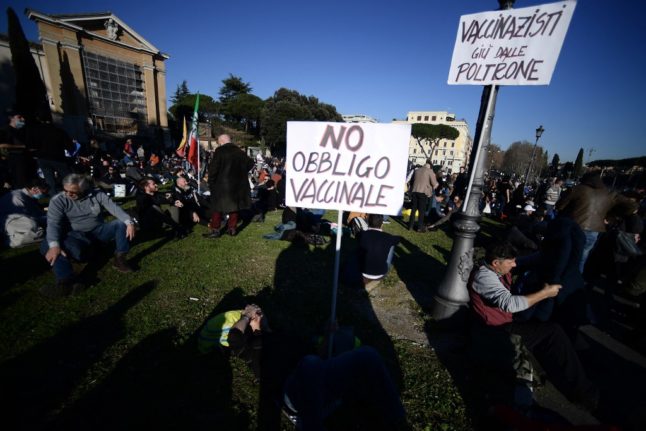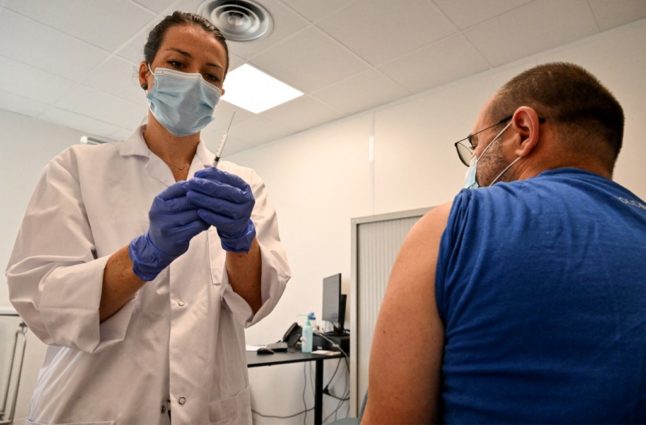Switzerland in early July laid out its plans to continue the battle against Covid-19 over the coming months.
In laying out three possible scenarios for the way in which the pandemic may evolve, particularly in the autumn and spring, the government is laying the groundwork for booster vaccinations which will be tailored to possible variants of the virus.
According to the official government statement “In order to ensure sufficient protection in the longer term, booster vaccinations for certain population groups or those already vaccinated will probably be necessary from next winter at the earliest.”
The federal government has instructed the responsible authorities to work with the cantons to ensure the infrastructure remains in place to administer booster shots, most likely early in 2022.
At a press conference on August 3rd, the government said it was still in the process of drawing up plans for a booster vaccination, saying that exactly who would receive it and under what circumstances was to be determined.
With just under 50 percent of people fully vaccinated in Switzerland as at August 3rd – and a further six percent having received their first shot – almost half of the Swiss population remains unvaccinated, amounting to a total of around three million people.
What about virus variants?
One possible outcome being evaluated by Swiss authorities is the spread of variants of the virus.
While the current vaccines used in Switzerland – both of which are mRNA – perform well against known variants, this may change in future.
As a consequence, the government is taking steps to allow for the development of adapted vaccines which are targeted at particular variant strains.
As the government writes in the guidance: “the technology behind mRNA vaccines means that they can be adapted relatively simply and quickly to new virus variants.”
“In the best case, it is likely to take around six months before vaccinations can be carried out with an adapted vaccine.”
The government is also putting more of an emphasis on identifying these variants early.
In May, Switzerland ordered an additional seven million doses of the Moderna vaccine, bringing the total doses from that manufacturer to 13.5 million in Switzerland.
Switzerland has so far purchased six million doses of Pfizer/Biontech, the only other vaccine administered in Switzerland.




 Please whitelist us to continue reading.
Please whitelist us to continue reading.
Member comments